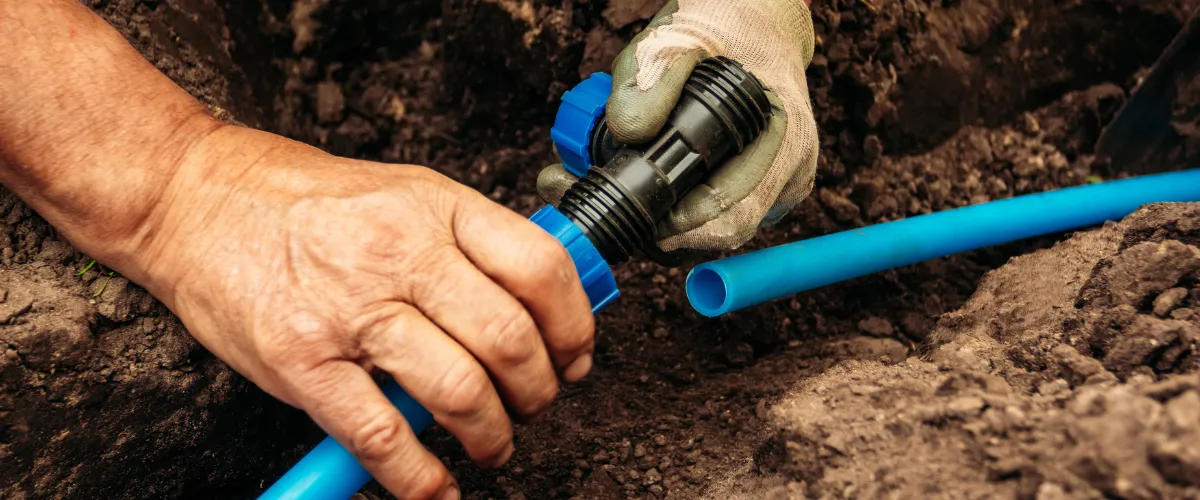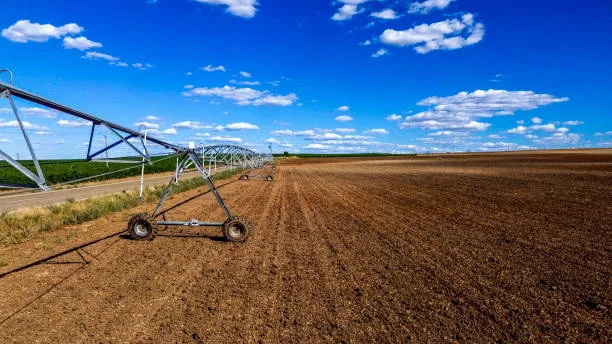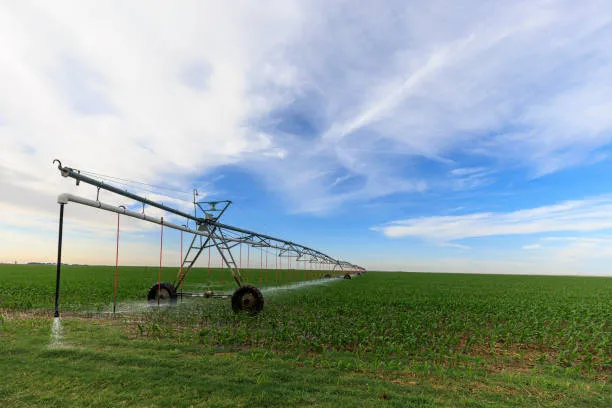
Field Irrigation Systems: Automation and Monitoring for Efficient Agriculture
Irrigation is a fundamental technique in modern agriculture, especially in regions with limited water resources. The automation and smart monitoring of field irrigation systems have revolutionized water management, ensuring efficient and precise distribution based on each crop’s specific needs.
Smart Field Irrigation Systems
Technological advancements have optimized field irrigation systems, providing automated solutions that enhance water efficiency and agricultural productivity. The most commonly used systems include:
- Automated drip irrigation: Delivers water directly to plant roots through electronically controlled drippers. Its high efficiency minimizes water waste and allows real-time monitoring.
- Sprinkler irrigation with sensors: Simulates rainfall by dispersing water in fine droplets. Equipped with moisture and climate sensors, it automatically adjusts water application.
- Furrow irrigation with automated control: Channels water between crops while optimizing flow through smart valves.
- Flood irrigation with digital monitoring: Regulates flood duration and soil absorption based on crop needs and soil conditions.

Each field irrigation system incorporates digital tools that enable remote programming and real-time data analysis, ensuring optimal water resource management.
Automation and Monitoring: Key Benefits
Automating field irrigation systems offers numerous advantages for farmers and agricultural businesses, optimizing resources and improving operational efficiency.
- Water optimization: Automation ensures that only the exact amount of water needed for each crop is used. This not only reduces waste but also significantly contributes to the conservation of this vital resource.
- Time and cost savings: By automating the irrigation process, the need for constant manual intervention is eliminated, resulting in considerable savings in time and labor costs. Additionally, by optimizing water usage and reducing unnecessary irrigation, operational expenses can be lowered over the long term.
- Remote monitoring: Automated irrigation systems allow for irrigation supervision from anywhere through cloud-based platforms. This provides the ability to adjust irrigation parameters in real-time, ensuring constant and precise control without the need to be physically present in the field.
- Adaptability to climate conditions: The sensors and algorithms built into these systems can automatically adjust the frequency and duration of irrigation based on climatic conditions and soil type, ensuring efficient and precise water management at all times.
Adopting automated irrigation systems not only enhances water management efficiency but also promotes more sustainable and profitable agriculture, tailored to meet the demands of today’s environment.

Implementing and Maintaining an Automated System
To ensure optimal performance, it is essential to follow best practices in installation and maintenance:
- Configure soil moisture and water flow sensors for precise regulation.
- Check water pressure and quality to prevent clogging.
- Make seasonal adjustments to optimize water usage based on climate conditions and crop growth stages.
The automation and smart monitoring of field irrigation systems are transforming modern agriculture, enabling more efficient water use and improving crop yields. Adopting an automated field irrigation system not only enhances sustainability but also optimizes overall farm productivity.
To learn more about advanced field irrigation systems, visit WiseConn or explore our specialized hardware. For personalized consultation, contact us through our online form.


